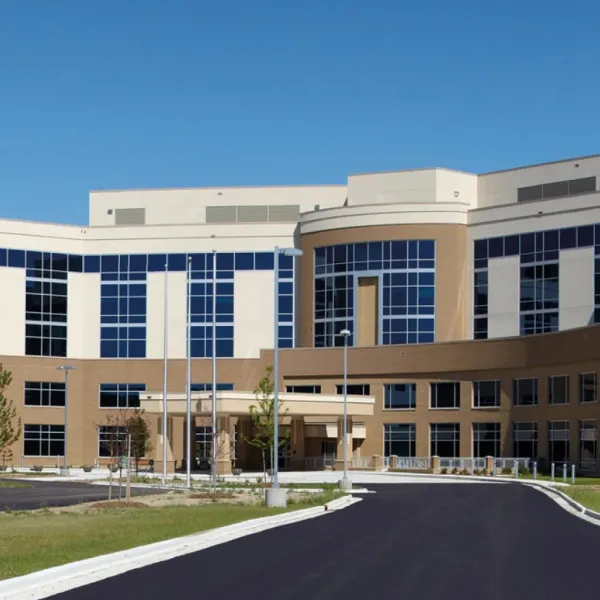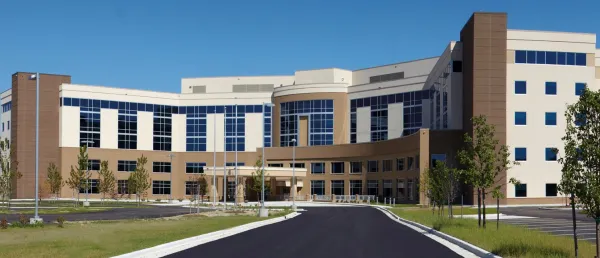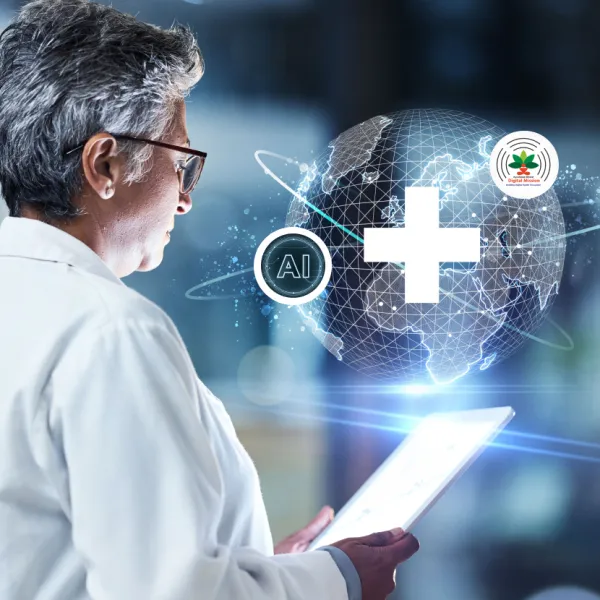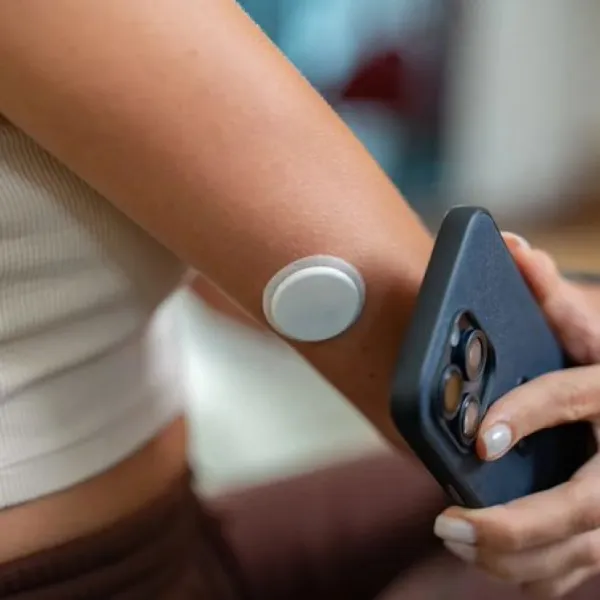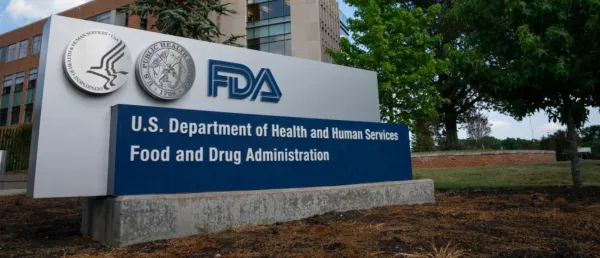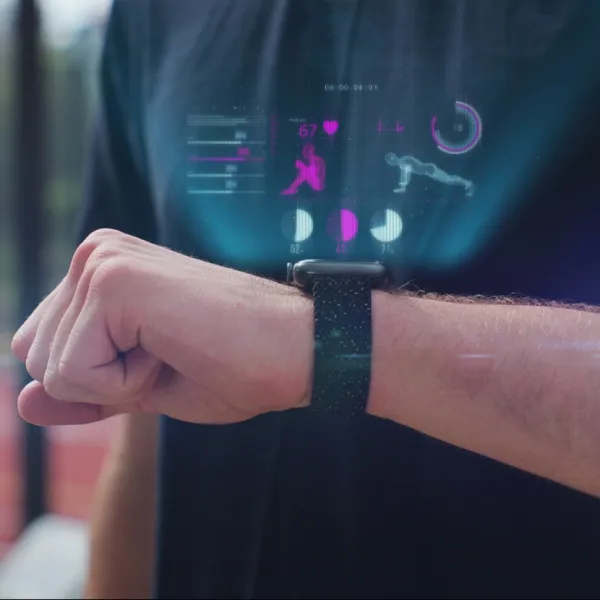Roche Launches New Analytical Units for Enhanced Laboratory Efficiency

The introduction of cobas c 703 and cobas ISE neo addresses significant challenges faced by diagnostic facilities worldwide, including staff shortages and spatial constraints.
Swiss healthcare diagnostics leader Roche has introduced two analytical units, cobas c 703 and cobas ISE neo, as part of its cobas pro integrated solutions platform.
These innovations are tailored to meet the increasing demands of high-volume laboratories in countries that adhere to the CE mark standards.
The introduction of cobas c 703 and cobas ISE neo addresses significant challenges faced by diagnostic facilities worldwide, including staff shortages and spatial constraints. These units are poised to enhance operational efficiency while maintaining stringent accuracy standards.
Sharing insights, Matt Sause, CEO of Roche Diagnostics, said, "Today, more than ever, accurate and timely diagnostics are crucial for effective healthcare delivery. Labs face mounting pressure to process more samples swiftly and accurately."
Roche’s Analytical Units
According to the company, the cobas c 703 unit doubles clinical chemistry throughput on the cobas pro integrated solutions, capable of handling up to 2,000 tests per hour with 70 reagent positions.
"With the cobas c 703, we are advancing our clinical chemistry capabilities, setting a new standard for high-volume testing," CEO Sause noted.
The cobas ISE neo enhances ion selective electrode (ISE) testing efficiency, offering up to 1,800 tests per hour. It integrates innovative features like automated calibration, significantly reducing manual intervention.
According to Sause, "The cobas ISE neo marks a significant leap in improving testing efficiency and reducing logistical efforts in laboratories."
Launched in 2018, the cobas pro integrated solutions platform aims to optimize clinical chemistry and immunochemistry testing with fast analytical units and intelligent sample routing.
It boasts automated maintenance features and cobas AutoCal for streamlined operations. Roche's commitment to sustainability is evident in the reduction in sample volume and plastic waste per test result compared to previous systems.
Further, the platform's compatibility with the cobas mobile solution, reportedly, enhances laboratory professionals' flexibility, allowing them to interact remotely with the analyzer.
Looking ahead, Roche plans to integrate mass spectrometry analyzers into the cobas pro integrated solutions, further expanding its diagnostic capabilities.
Roche’s Latest Healthcare Developments
Recently, AstraZeneca Pharma signed an MoU with Roche Diagnostics India to enhance diagnostic testing for breast cancer patients. The collaboration aims to streamline HER2 diagnostics and offer comprehensive training initiatives for pathologists and medical oncologists, ultimately improving treatment strategies for metastatic breast cancer patients in India.
Additionally, in July last year, Kokilaben Dhirubhai Ambani Hospital in Mumbai introduced Total Lab Automation (TLA) powered by Roche Diagnostics, aimed at enhancing patient care through preventive healthcare measures. Total Lab Automation aims to revolutionize traditional laboratory processes, resulting in faster and more reliable test results, thus advancing healthcare delivery.
Founded in 1896 in Basel, Switzerland, Roche is a global biotechnology leader. It aims to focus on improving healthcare outcomes through innovative and advanced diagnostic solutions. Further, it seeks to make diagnostic services affordable and accessible to the masses by harnessing technology and data integration.
Stay tuned for more such updates on Digital Health News







